A cheap and sustainable water conservation method is the proverbial silver bullet of California’s water politics, but it is not easy finding a solution friendly to both our environment and wallets. Many experts believe that, of the methods available, wastewater recycling is California’s best way forward. One major local proponent of water recycling is the Inland Empire Utilities Agency, or IEUA. Last fall, IEUA began constructing an expanded recycling facility in Chino, San Bernardino County. Their expanded facility will be able to treat 22.5 million gallons of wastewater per day--the agency’s most ambitious recycling project yet.
Wastewater recycling is a familiar concept to California. As far back as the 1800s, farmers utilized wastewater for growing crops. By 1910, 35 sites used recycled water for agricultural purposes, and by 1918 California adopted the first health regulations governing wastewater reuse. Nowadays, our state reuses approximately 714,000 acre-feet of water annually, or 2.3x1011 gallons. Despite conveying so much water through purple pipes, California’s recycling programs still have a great deal of room to grow. The state could potentially recycle millions more acre-feet of water each year and has set an aggressive goal of achieving 2,5 million acre feet of recycling by 2030.
The IEUA is at the forefront of expanding recycling programs. In a recent press release about their Chino facility, IEUA General Manager Shivaji Deshmukh stated…

